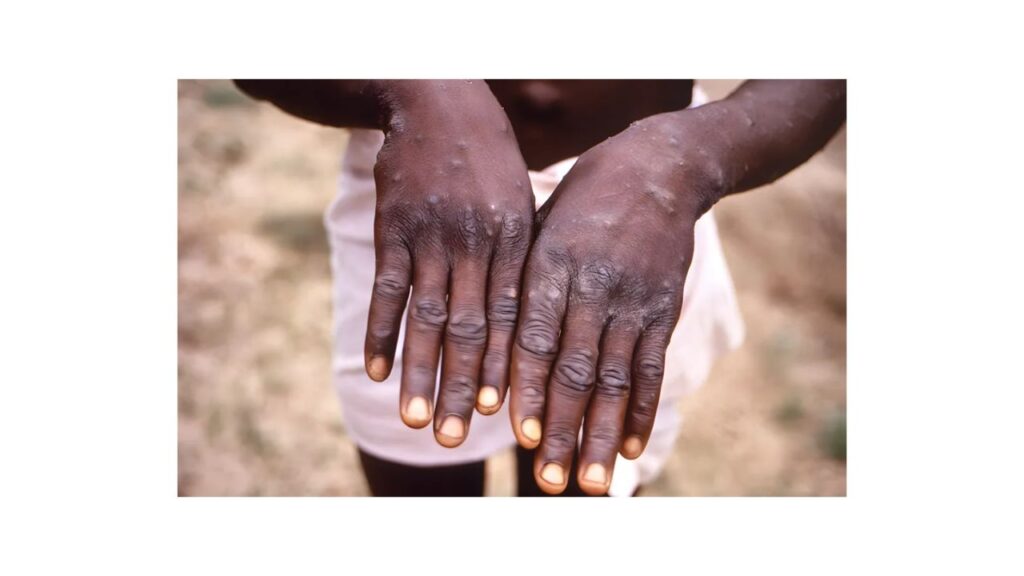The DRC and its surrounding areas are among the 34 African nations where mpox cases are on the rise. Rapid spread of the new variant clade Ib has sparked talks of a possible worldwide health emergency.
The Mpox Epidemic Deepens in Africa: International Health Leaders Consider Declaring an Emergency
There are growing concerns about a serious worldwide health crisis as the mpox outbreak spreads throughout Africa. The virus, which was formerly known as monkeypox, is spreading quickly, sparking talks among international health leaders about whether or not to declare a public health emergency, according to The Guardian.
The virus that causes mpox usually starts off as flu-like symptoms like fever, chills, and muscle aches. Next comes a rash that changes from raised spots to blisters filled with fluid to scabs. Clade I (formerly Congo Basin) and Clade II (formerly West African) are the two main subtypes, or “clades,” of mpox. While Clade I typically has a higher death rate, both clades have the potential to be lethal.
34 African nations are currently reporting infections or are considered to be at high risk. Since the beginning of 2024, there have been over 14,000 cases and 511 deaths reported in the Democratic Republic of the Congo (DRC), indicating the severity of the outbreak. This figure, which includes previously unaffected regions, already matches the total number of cases for 2023.

Cases are also starting to surface in the Democratic Republic of the Congo’s neighboring nations of Burundi, Kenya, Rwanda, and Uganda. Clade Ib, a recently discovered variant, is assisting in the spread. Clade Ib, in contrast to its predecessors, spreads from person to person, frequently via intercourse or contaminated objects.
Environmental changes and regional instability contribute to an increase in human-wildlife contact, which in turn exacerbates the rising number of cases. The World Health Organization (WHO) is assessing whether to classify the outbreak as a “public health emergency of international concern,” while the Africa Centers for Disease Control and Prevention (Africa CDC) is contemplating designating it as a “public health emergency of continental security.”
There is a shortage of vaccines; only 200,000 doses are available compared to the required 10 million. In an effort to support immunization programs for high-risk populations, the WHO has approved two vaccines for use in emergencies.
This worsening scenario comes after a global outbreak in 2022 that prompted extensive vaccination campaigns and contact tracing initiatives. In May 2023, the emergency declaration was withdrawn following about 90,000 cases. In order to stop the outbreak’s potential to spread further and lessen its effects, immediate action is required.
